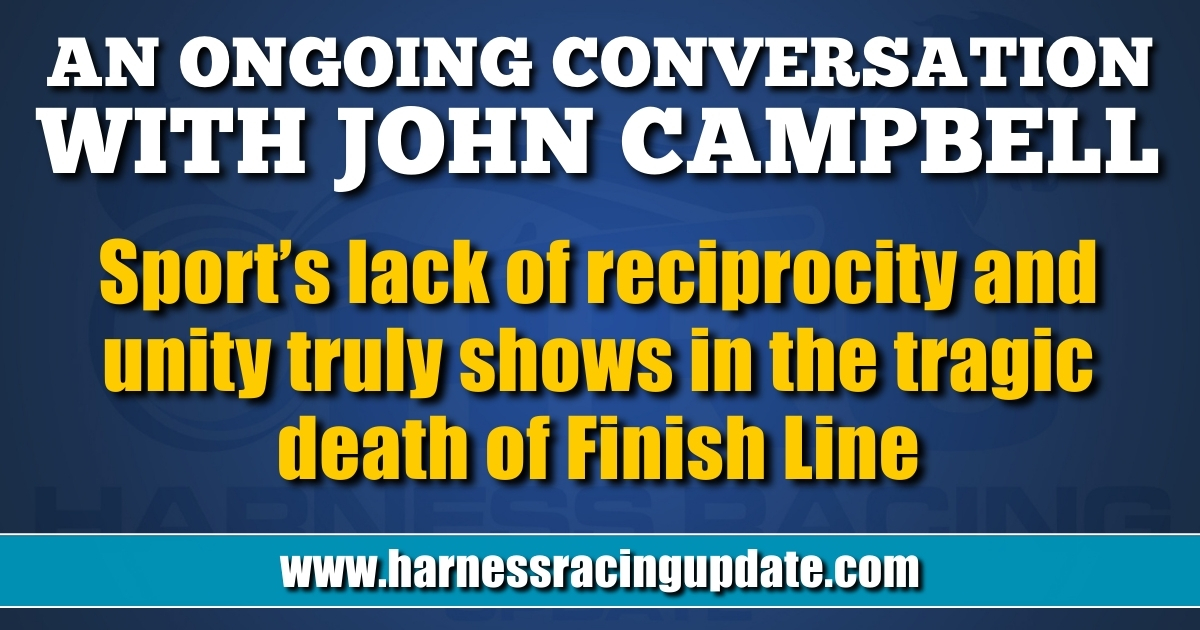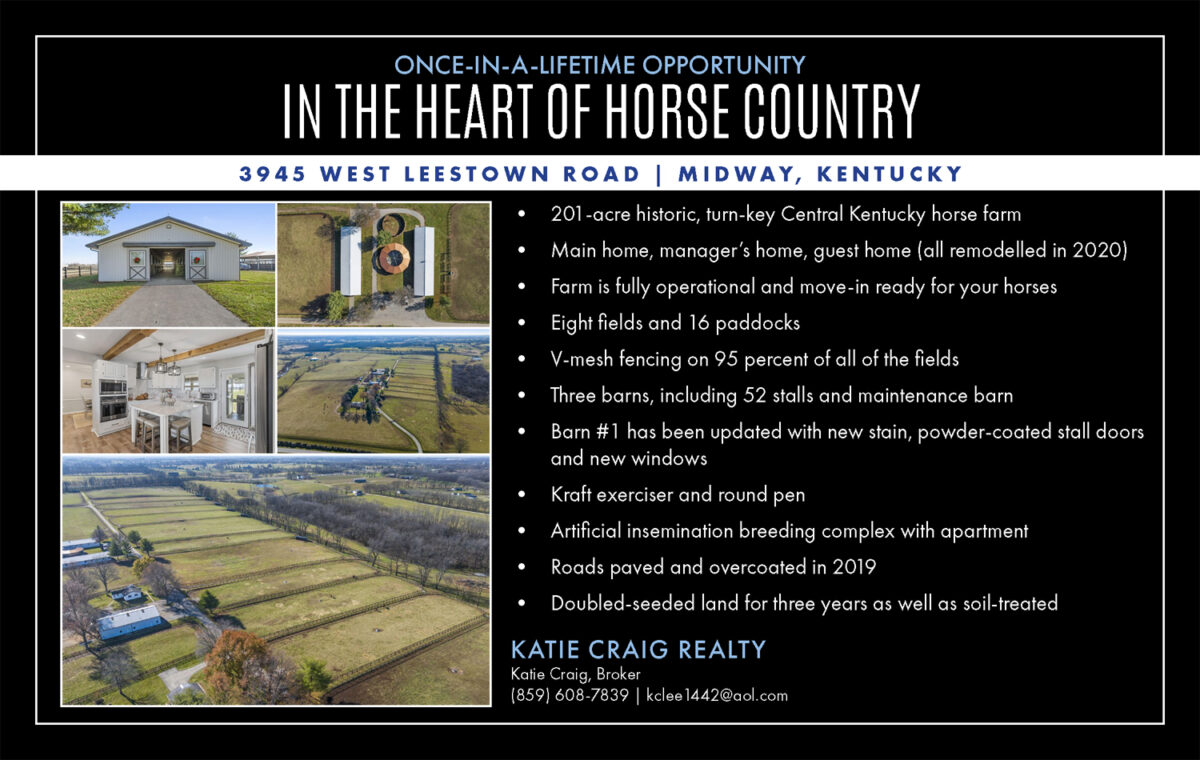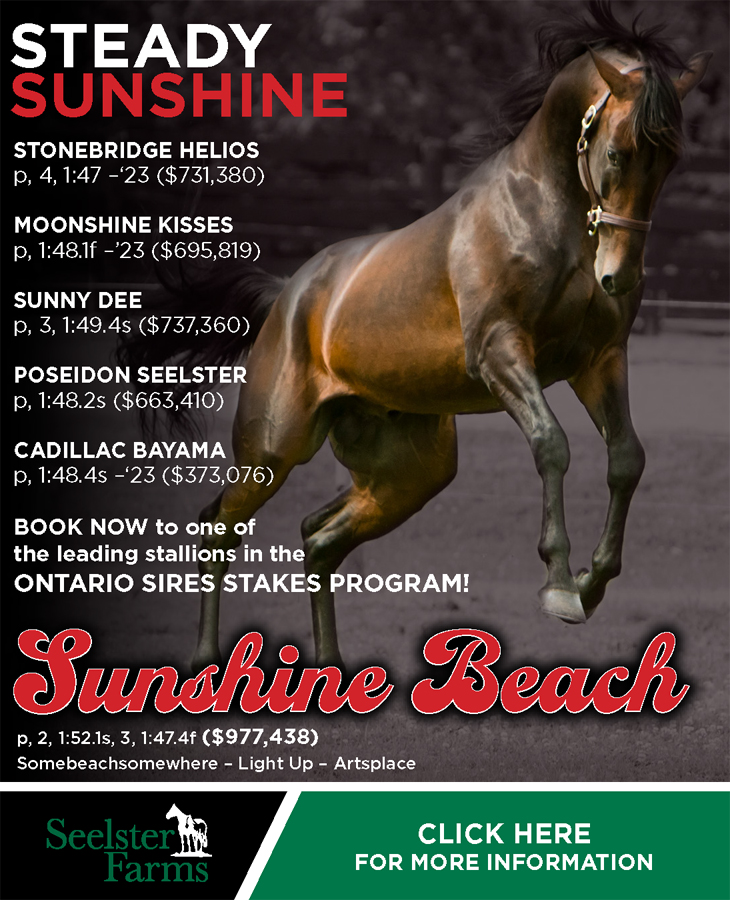

Sport’s lack of reciprocity and unity truly shows in the tragic death of Finish Line
by Dave Briggs
(*Editor’s note: This column will now appear bi-weekly beginning with this week)
Harness racing’s failure to have universal rules and true reciprocity is a growing concern given the rise of animal rights activism and an imperative to protect the welfare of horses at all costs.
Look no further than the utterly tragic story of Finish Line, a trotter who allegedly died due to abuse. Trainer Frederick Bourgault was arrested in early February in New York State and charged with two felonies related to the death of the 11-year-old trotter. The allegations have not been proven in court.
In 2021, the Alcohol and Gaming Commission of Ontario handed Bourgault a 45-day suspension and a $2,500 fine foranimal abuse of pacer Sunny Billionafter a race at The Raceway at The Western Fair District.
Bourgault subsequently moved to New York State, where he continued training and driving, primarily at Monticello Raceway. In March of 2022, the New York State Gaming Commission slapped Bourgault with a $1,000 fine for “repeatedly striking Grand Priority with the whip after the finish” of a race at Monticello. The NYSGC also downgraded his license from provisional to “qualifying fair.”
Orange County District Attorney David Hoovler said in a Jan. 30 release that on July 17, 2023 at the Pine Bush Training Facility in Crawford, NY, Bourgault allegedly “struck [Finish Line] with a hard object causing a linear depressed skull fracture, which resulted in the horse having to be euthanized.”
How Bourgault came to still be licensed in New York after receiving an animal cruelty penalty in Ontario and another one in New York is a mystery and a disgrace.
Asked about the case, Hambletonian Society CEO John Campbell, who has long campaigned for universal rules and true reciprocity between jurisdictions, said, “obviously, there was a failure in the system with [Bourgault] getting a $1,000 fine for abusing a horse with the whip after he had got his license in New York and after he had 45 days from the Western Fair incident.
“Animal cruelty or anything to do with the welfare of horses, there should be reciprocity across the board. It has to be vetted out in its entirety before anybody gives somebody a license that has gotten into trouble in that regard.”
Campbell said protecting the welfare of horses has always been of critical importance, but even more so today.
“Let’s broaden it to the public, the legislators, the media, the animal rights people,” Campbell said. “The attitude towards horses or all animals has changed dramatically in the last 30, 40 or 50 years. Horses are not looked upon as livestock. They are looked upon as pets and we have to change our attitude to accommodate all those entities I just mentioned — the public, the legislators, the media, the animal rights people — in order to keep our social license as we move forward.
“We’re the ones that have to make adjustments.”
Beyond animal abuse being abhorrent, Campbell said there is a direct line from animal welfare to the purse money that keeps harness racing participants afloat.
“The fact is, purse supplements — whether they be from government agencies or from casino profits — in order to maintain them, we have to be acutely aware of our social license,” Campbell said. “Anything that threatens that or has the potential to threaten that, we have to be ahead of that curve.”
Campbell said the Bourgault case, “obviously fell through some cracks on multiple levels” and the industry simply has to do better going forward, particularly when it comes to sharing information about potential bad actors between jurisdictions.
“I don’t think we can share too much intelligence,” Campbell said.
He added that his efforts to try and get state and provincial regulators to consider the entire harness racing industry as a whole, not just in their jurisdiction, have largely failed.
“I’ve been only unsuccessful at that,” Campbell said.
Leaving one to wonder if Finish Line might be alive today had state regulators looked beyond their own self-interest and the sport had been better unified beyond state lines.















